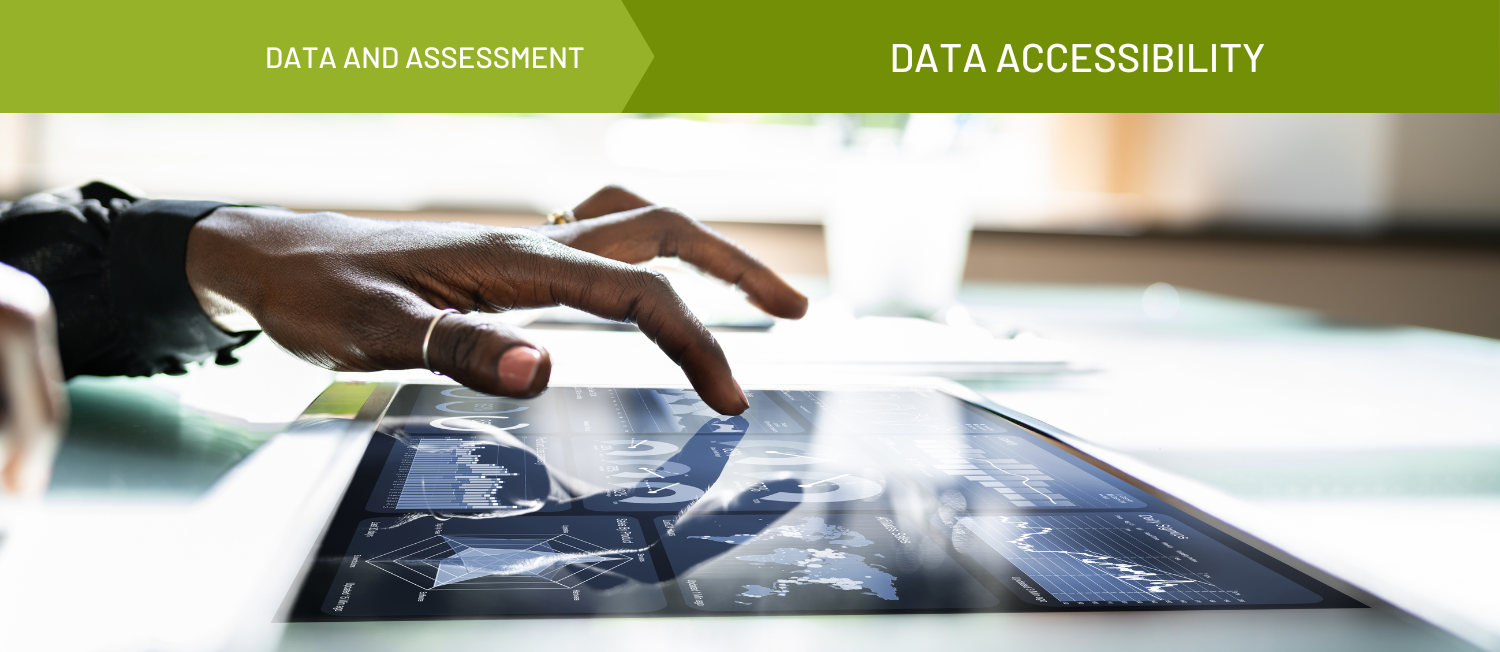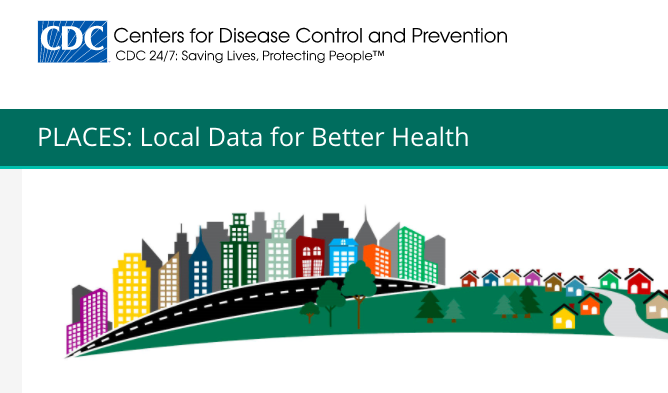Maps and Data
In community change work, we are often called upon to use various kinds of data for different circumstances—to assess community conditions, monitor trends, prioritize areas for investment, and more. In place-based work, it’s often useful to explore geographic data and when possible, data displayed on maps. This channel is designed as a guide for changemakers to learn about when and where to use data in their workflow, and to provide guidance around using and interpreting data to inform community change work, as well as sharing data with community partners and stakeholders.
Best practice when using data to drive community change is to use a combination of primary and secondary data to paint a fuller picture of a given community. Secondary data are often quantitative in nature and refer to data collected by someone other than the primary user. Common secondary data sources include censuses, other government agencies, large projects or organizations (e.g. County Health Rankings, Opportunity Insights), and academic research centers (e.g. Institute for Health Metrics and Evaluation), among others. Primary data are data collected by the user, often through community surveys, focus groups, in-depth interviews, community dialogues or conversations, among others.
It’s important to use data in context, especially when using it to inform efforts to advance equitable community well-being. Data in context values people-centered, multi-solving approaches that start with shared sense-making and uses maps, visualizations, and community voices to strengthen data access and understanding. We believe that communities are the experts in their own experiences and deserve to have access to their own data. We believe data in context is an opportunity to build shared language and understanding to catalyze community change and we advocate for spotlighting stories of people with lived community experience alongside data, because it’s the corresponding stories and framing narratives that humanize statistics, draw people in, and prompt action.
Maps and Data Channel Categories

These resources and tools provide helpful guidance around using and interpreting data and maps for community change work. This is a great place to start for community data skill-building—you’ll find descriptions of foundational concepts, tips and tricks, and emerging and innovative tools and resources for using data to drive and inform your work.
Search on Community Commons for: Data Modeling | Program Evaluation | Surveillance and Monitoring
Foundational Concepts
Foundations for Community Health Data Users Series
Understanding and Interpreting Population Health Measures
Story - Written
Brought to you by IP3
Published on 11/15/2022
Using Benchmarks to Explore Population Health Data
Story
Brought to you by IP3
Published on 08/23/2022
Data Frameworks
How Data Frameworks Can Help You Better-Understand Conditions and Take Action in Your Community
Story - Written
Brought to you by IP3
These resources and tools provide explanation and guidance around various methods for qualitative and quantitative data collection. Learn about the different methods, how to select the best method(s) for your project, and discover practical tools to get started collecting data in the field.
Search on Community Commons for: Community Listening Sessions | Key Informant Interviews | Geographic Data | Community Asset Mapping | Data Collection vs Data Sourcing
Community Assessment
An Introduction to Community Health Needs Assessment (CHNA)
Story
-
 Original
Original
Brought to you by Community Commons
Published on 09/19/2023
Discover publicly-available online data sources and datasets where you can access data for your community today. Explore web-based data tools, maps, models, and more to support using data to inform strategies to advance equitable well-being.
Search on Community Commons for: National Data Tools | Data Sources | Datasets | Data Sources for Community Change Work
Our Favorite Data Sources
Story
-
 Original
Original
Brought to you by Community Commons
Published on 04/08/2024
Making Sense of COVID-19 Data, Mapping, & Modeling Tools
Story
-
 Original
Original
Brought to you by Community Commons
Discover important considerations for using and sharing data equitably, and practical strategies you can implement to advance data equity. Explore resources and tools to support an equitable approach to data collection, sharing, interpretation, and more. Additionally, learn how to apply specific data and mapping work to social justice issues.
Search on Community Commons for: Data Decolonization | Data Ecosystems | Open Data | Open Mapping
7 Ways Spatial Inequality Compromises Health and Well-Being
Story
-
 Original
Original
Brought to you by Community Commons
A Toolkit for Centering Racial Equity Throughout Data Integration
Tool - Toolkit/toolbox
Brought to you by University of Pennsylvania
Counting All in Our Communities: Sexual Orientation and Gender Identity Data
Story
-
 Original
Original
Brought to you by Community Commons
More Mapping and Data Resources
Inclusiveness Index: Results
Tool - Data/mapping Tool
Brought to you by Othering and Belonging Institute
Data Walks: An Innovative Way to Share Data with Communities
Tool - Data/mapping Tool
Brought to you by Urban Institute
Related Topics
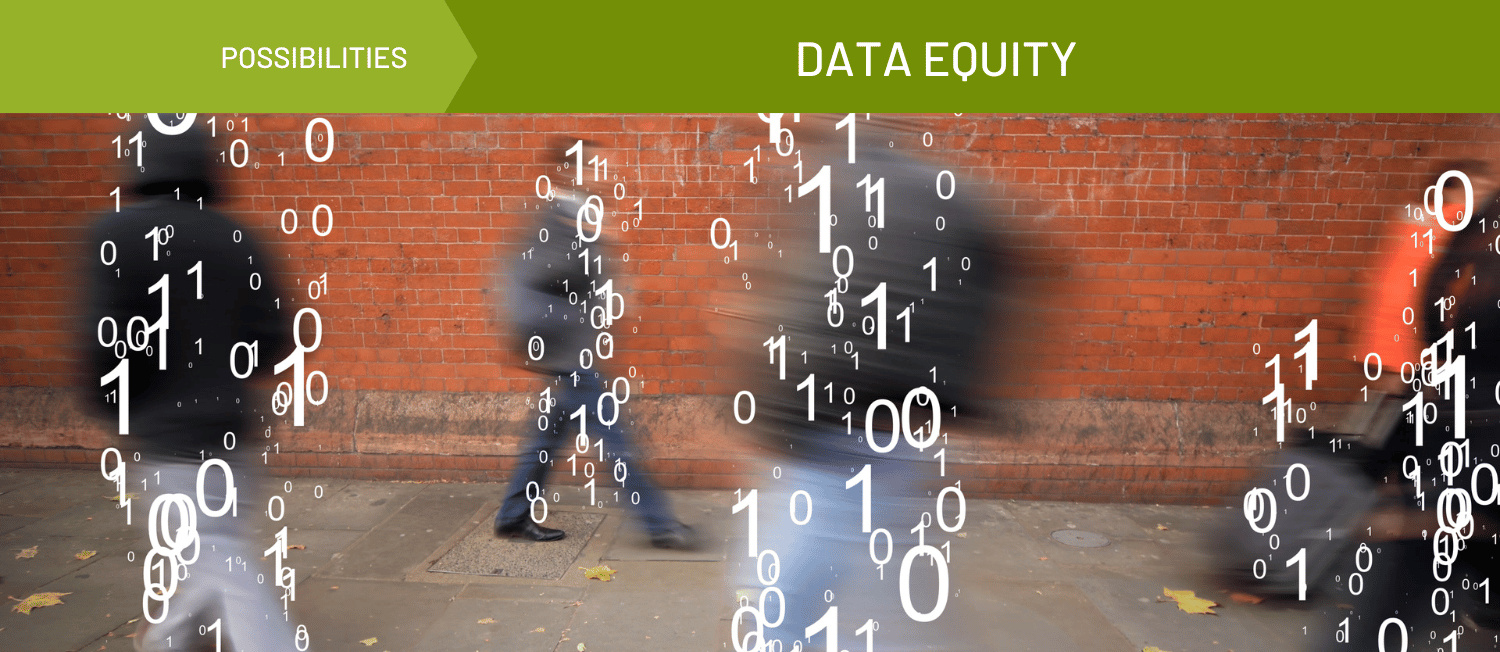
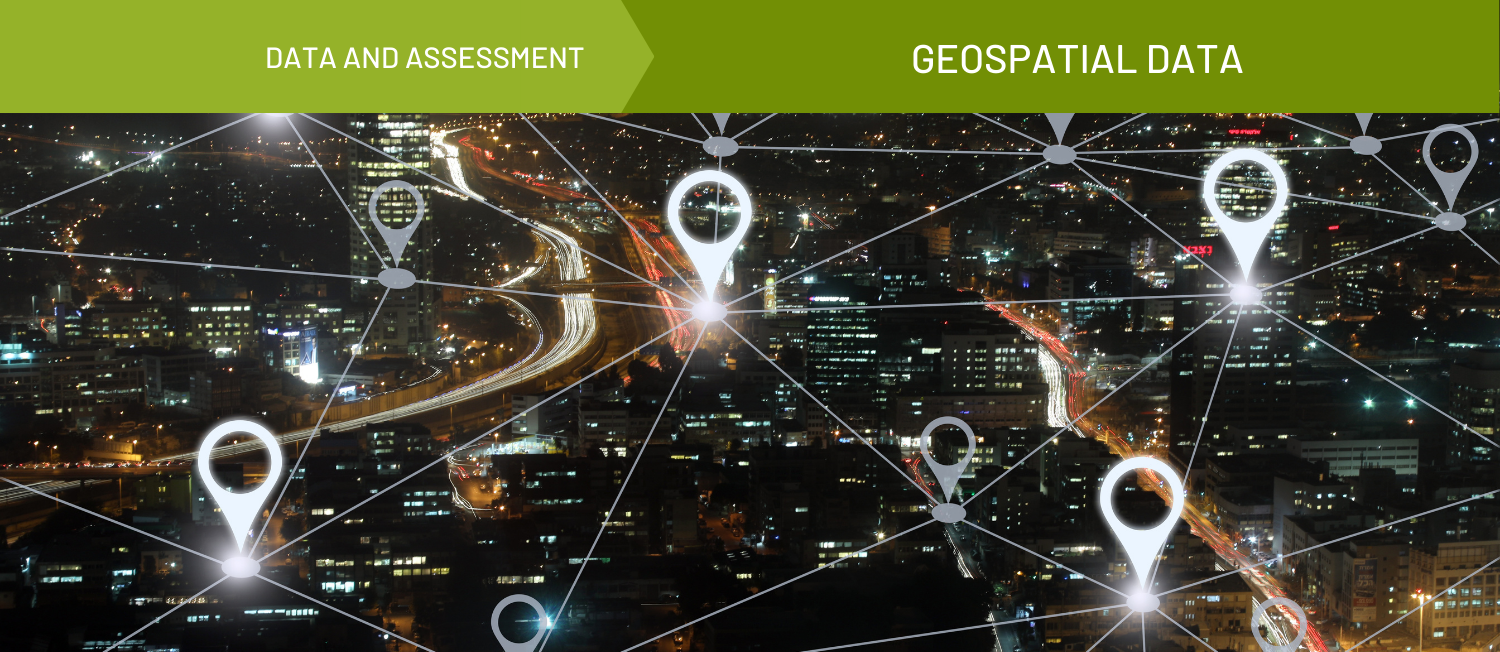


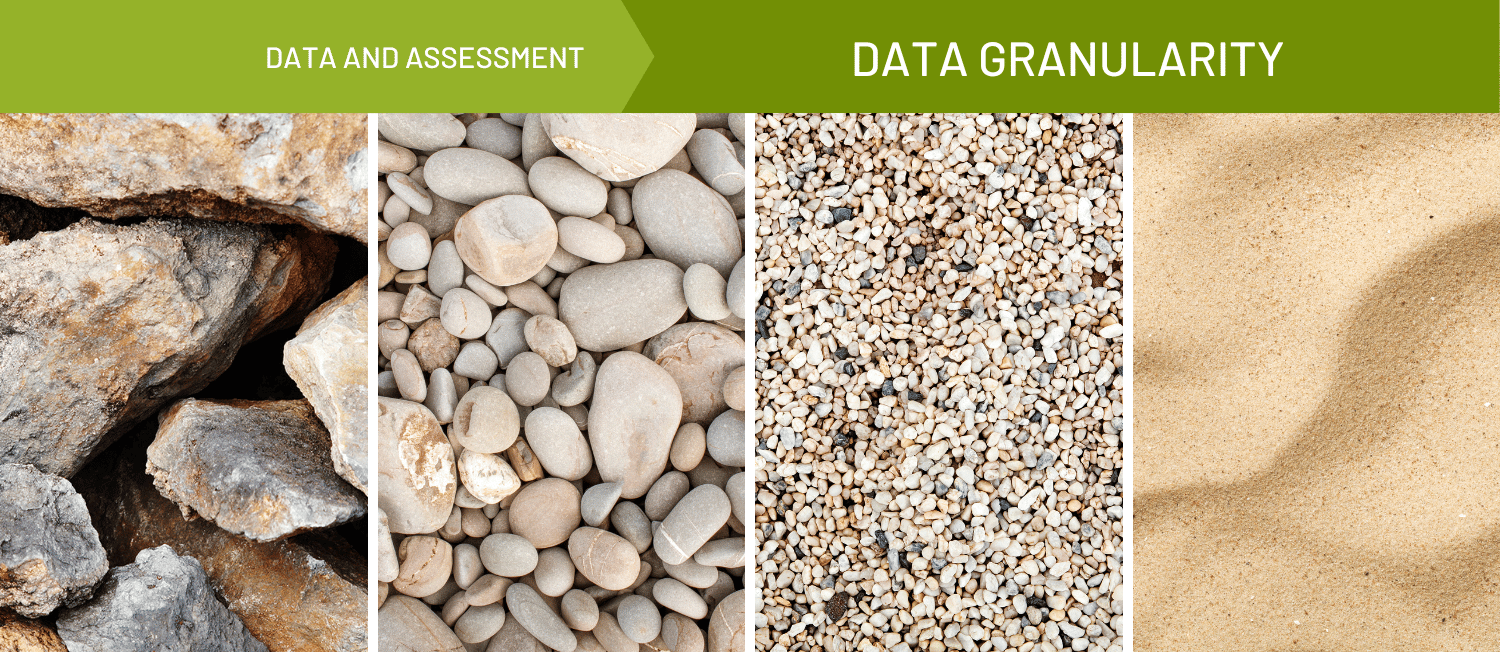
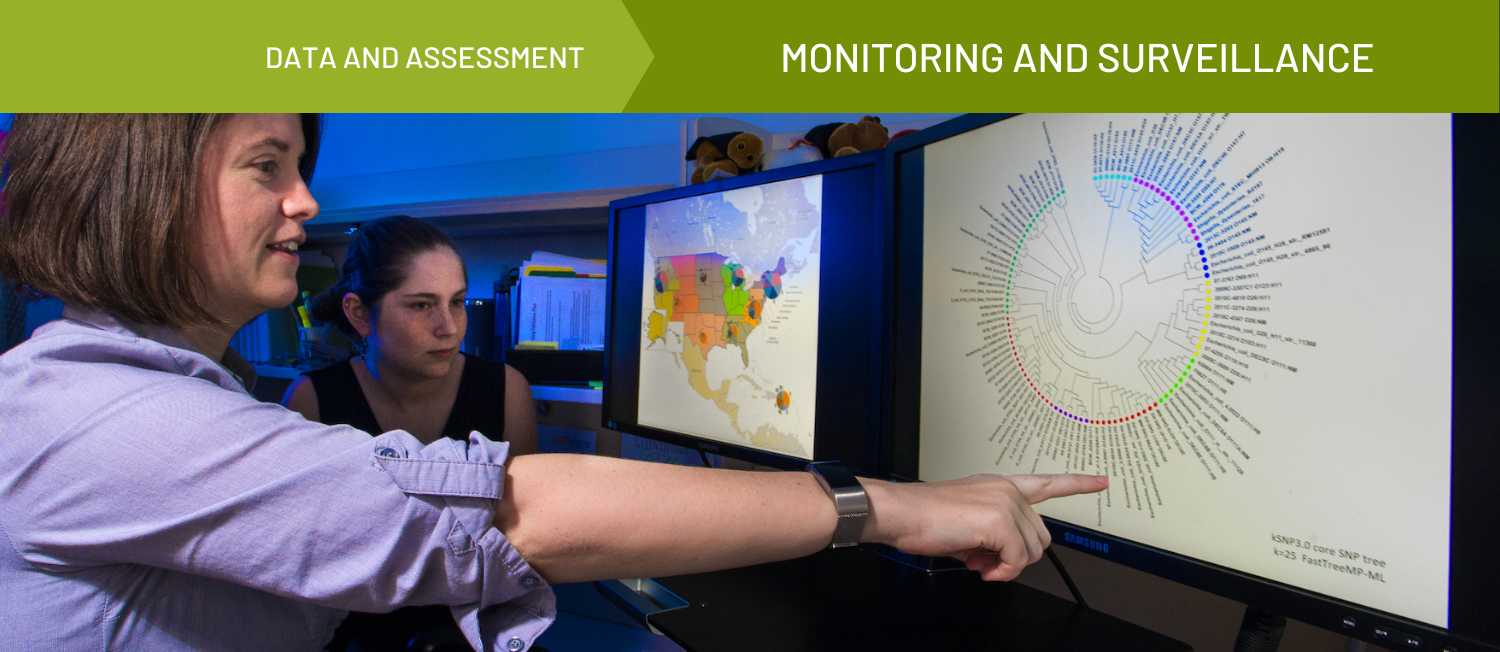

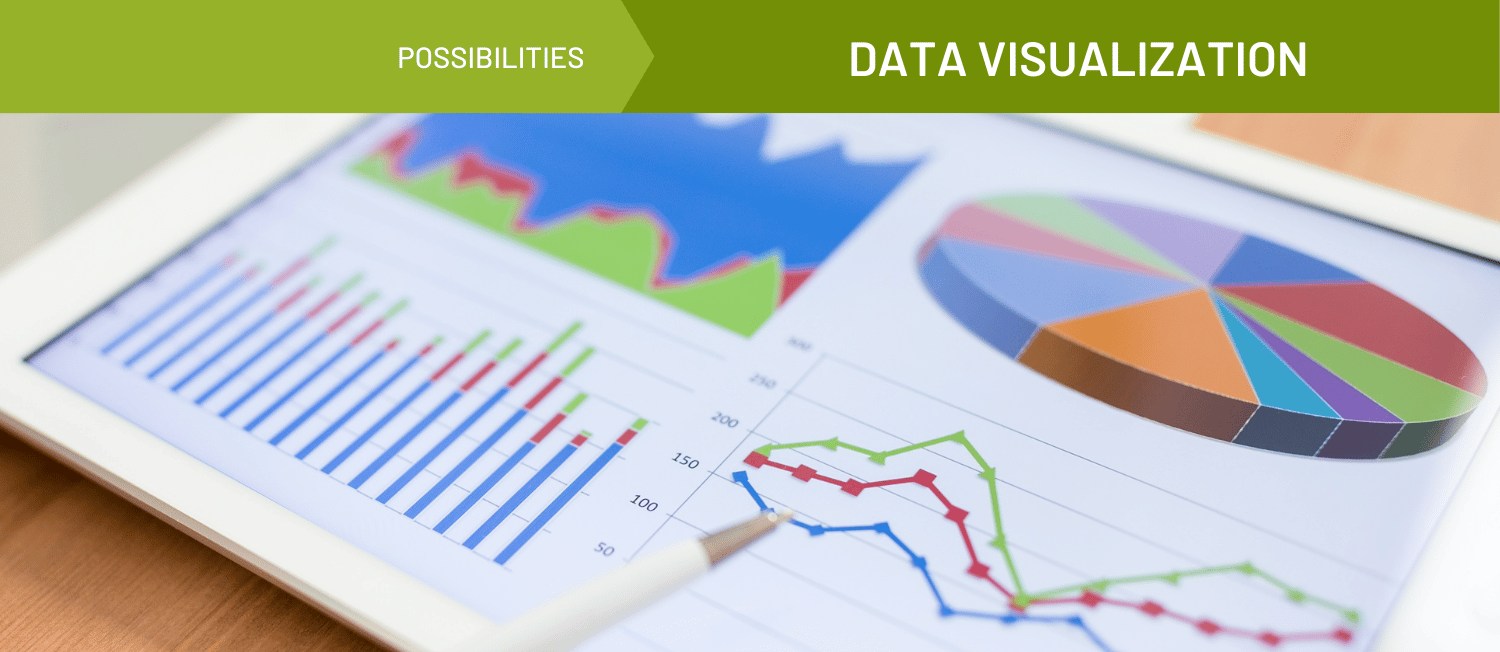
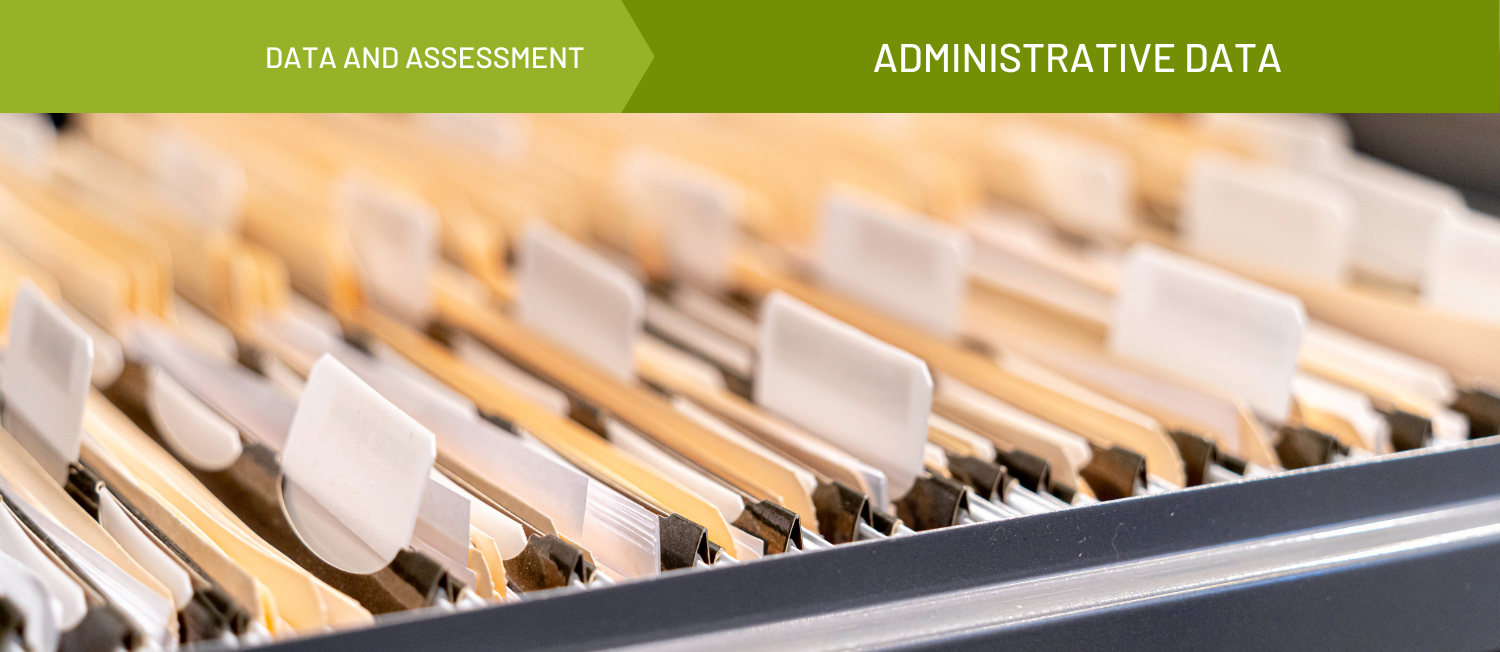
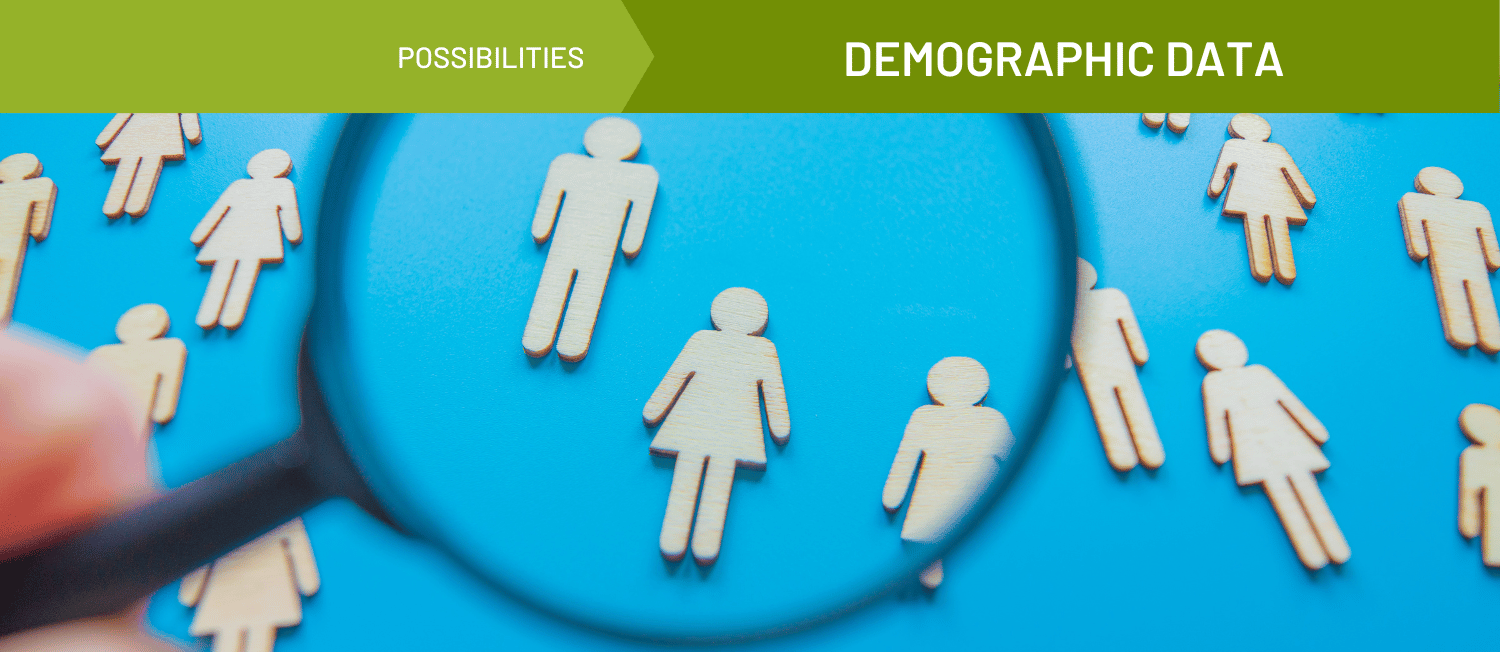
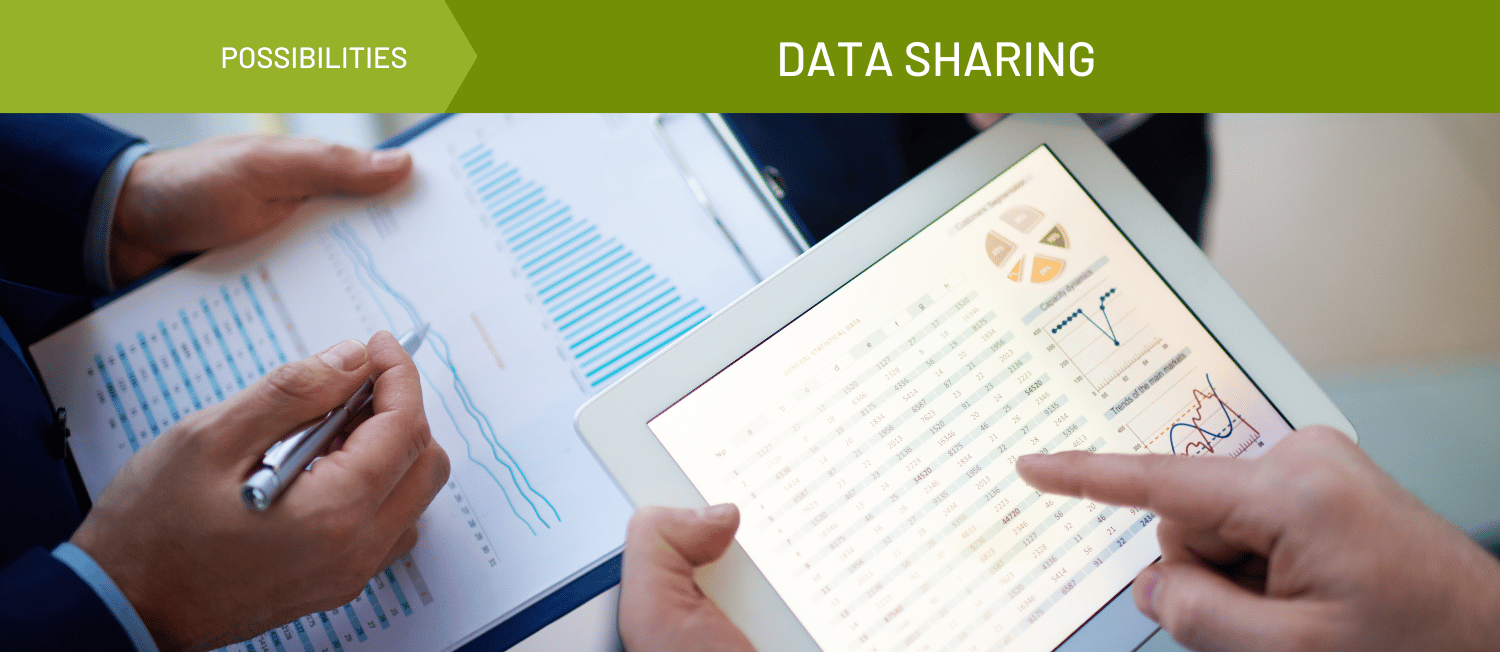
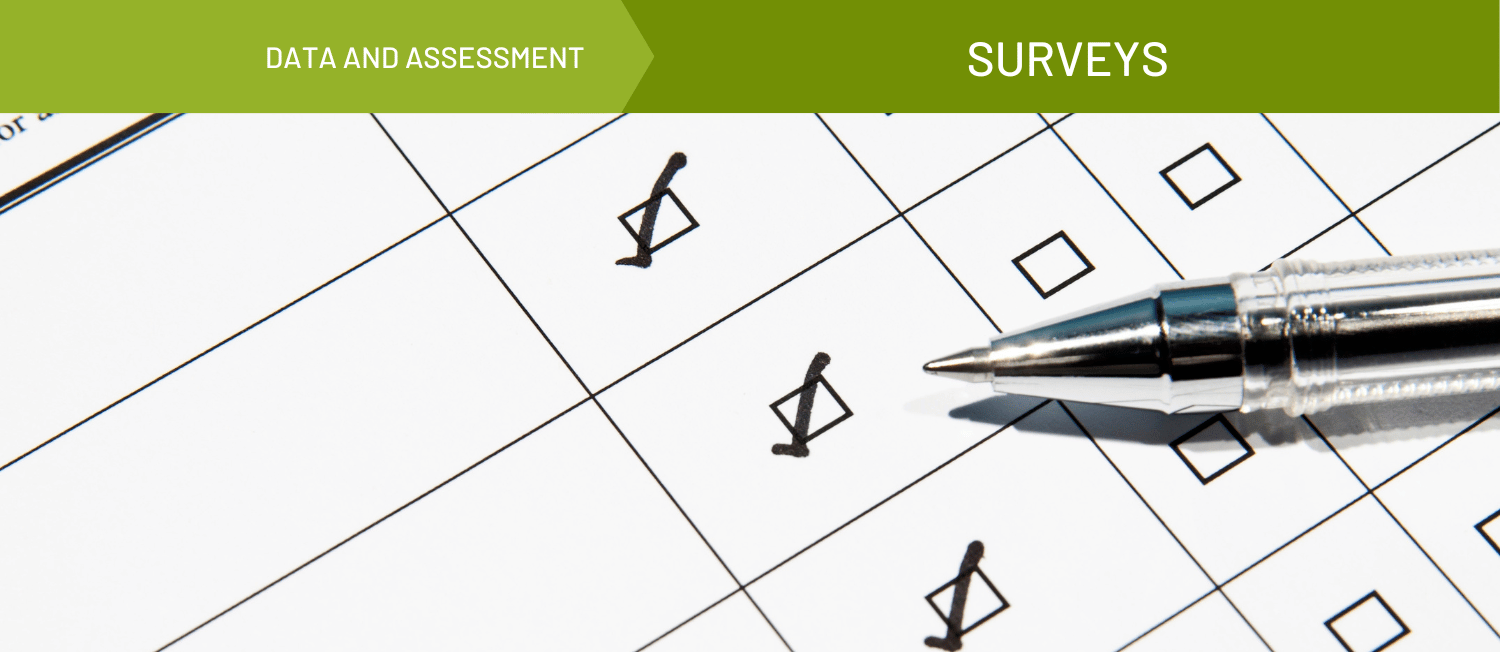
























.png)






